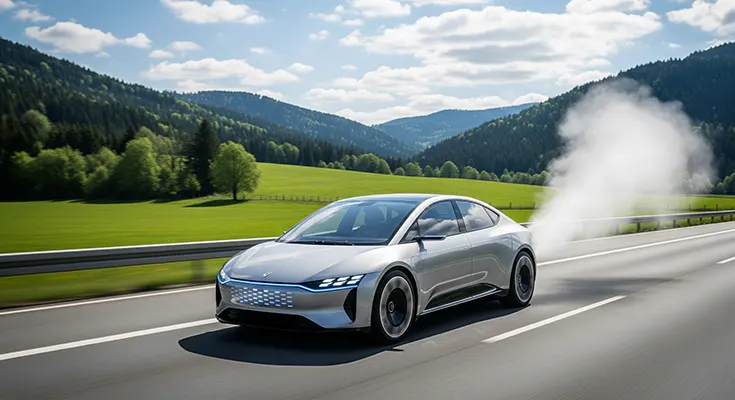While the upfront cost of an electric vehicle (EV) may still be a point of consideration for some buyers, a growing body of evidence shows that a different story emerges when you look at the total cost of ownership (TCO). From the moment you leave the dealership, EVs begin to deliver significant and compounding financial benefits that, over the long term, make them a smarter and more economical choice than traditional gasoline-powered cars.
1. Drastically Lower Fuel Costs
This is arguably the most significant financial benefit of EV ownership. The cost of electricity to “fuel” an EV is a fraction of what you’d spend on gasoline or diesel.
- Cheaper Per Mile: While the price of gasoline is subject to volatile global markets, the cost of residential electricity is far more stable. Many analyses show that powering an EV is around 70% cheaper than fueling a gas car.
- Home Charging Advantage:


